
When you picture solar power, chances are you conjure up images of large solar panels spanning the length of a rooftop or a large solar farm out in a field.

Migrants can be a transformative force for sustainable development
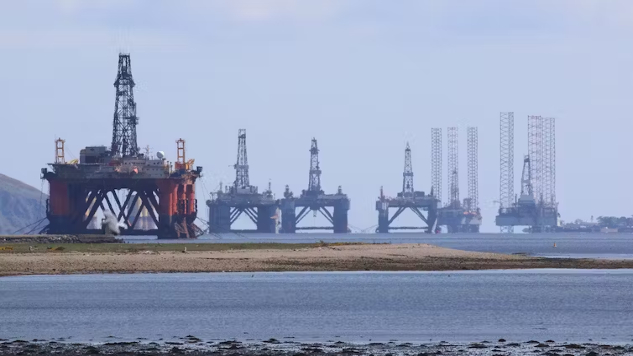
Abandoned oil rigs could scrape carbon from the sky and store it in empty undersea reservoirs

Looking for a US ‘climate haven’ away from heat and disaster risks? Good luck finding one
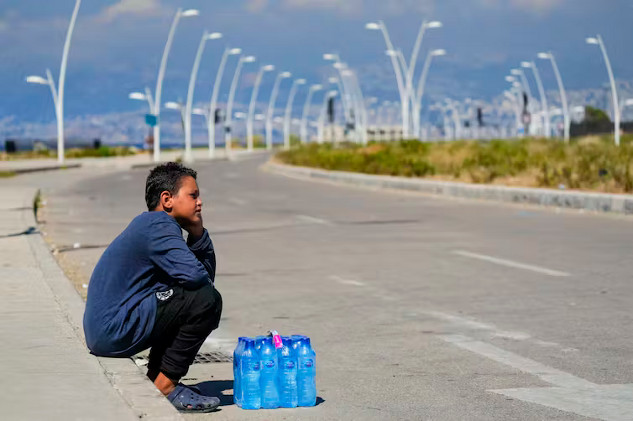
We all have times when we feel anxious about our future; perhaps this is more acute for many people this summer as we experience unprecedented wildfires and heat waves due to the warming climate.
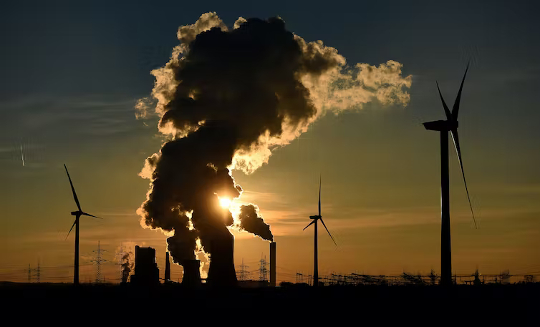
With the federal government promising over US$360 billion in clean energy incentives under the Inflation Reduction Act, energy companies are already lining up investments.

Solar panels, heat pumps and hydrogen are all building blocks of a clean energy economy. But are they truly “essential to the national defense”?
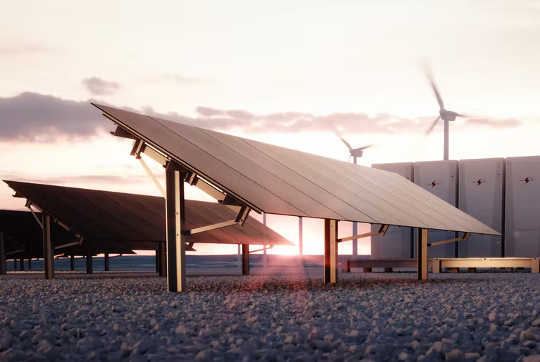
While the first decade of the 2000s saw huge growth in natural gas generation, and the 2010s were the decade of wind and solar, early signs suggest the innovation of the 2020s may be a boom in “hybrid” power plants.

The report finds that in addition to rapid and deep reductions in greenhouse emissions, CO? removal is “an essential element of scenarios that limit warming to 1.5? or likely below 2? by 2100”.

China has more solar power capacity than any other country and makes many of the world’s solar cells, but coal is still its top energy source.

Indonesia can become a significant global player in tackling the climate crisis if it optimises the work of protecting and rehabilitating forests. This is because the country is home to Asia’s largest tropical forest.

The National Farmer’s Federation says Australia needs a tougher policy on climate, today calling on the Morrison government to commit to an economy wide target of net-zero greenhouse gas emission by 2050.

Plant materials that lie to rot in soil makes good compost and play a key role in sequestering carbon, research finds.

When President Joe Biden took Ford’s electric F-150 Lightning pickup for a test drive in Dearborn, Michigan, in May 2021, the event was more than a White House photo op.

Chair Raul Grijalva (D-AZ) along with 25 original cosponsors has reintroduced the Ocean-Based Climate Solutions Act on World Oceans Day, June 8th,2021. This is the type of visionary bill we need for this moment, recognizing that the ocean is a powerful source of solutions to the climate crisis.

Would it be helpful to undertake a nationwide and coordinated mass planting of trees and plants that are known to have a high uptake of carbon dioxide such as paulownia and hemp alongside the attempts to plant natives?

When you picture solar power, chances are you conjure up images of large solar panels spanning the length of a rooftop or a large solar farm out in a field.
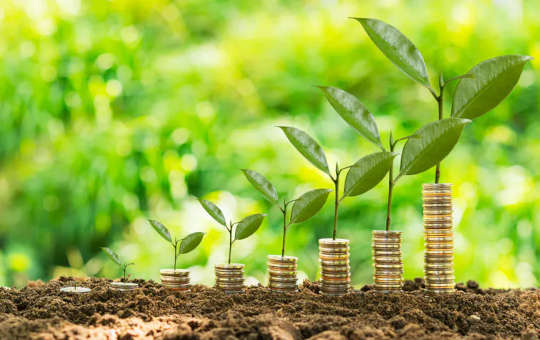
As countries explore ways of decarbonising their economies, the mantra of “green growth” risks trapping us in a spiral of failures. Green growth is an oxymoron.

When it comes to climate change, money talks. Climate finance is critical for enabling a low-emissions transition. This involves investment and expenditure — public, private, domestic and transnational — that demonstrably contributes to climate mitigation, adaptation or both.

Perhaps because there are no chimney stacks belching smoke, the contribution of the world’s farms to climate change seems somehow remote.

Our society asks so much of these fragile ecosystems, which control freshwater availability for millions of people and are home to two thirds of the planet’s terrestrial biodiversity.

Fifty-five nations, including Canada, the European Union, Japan and Mexico have pledged to meet the 30 by 30 target. Other countries like the United States, which is not a formal member of the coalition, have recently made similar pledges. Working landscapes, including farms, forest and rangelands, will be key to meeting conservation goals.

Climate-labeling clearly affects consumers—both those people who are keen to be aware of the climate impact, as well as those who actively seek to ignore this sort of knowledge

Globally, only one in 50 new cars were fully electric in 2020, and one in 14 in the UK. Sounds impressive, but even if all new cars were electric now, it would still take 15-20 years to replace the world’s fossil fuel car fleet.